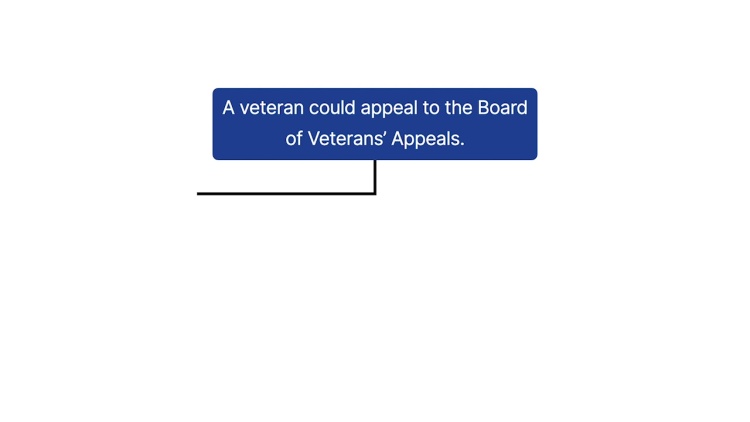Walters v. National Association of Radiation Survivors
United States Supreme Court
473 U.S. 305 (1985)

- Written by Sean Carroll, JD
Facts
By statute, Congress created an administrative system through which veterans may receive benefit awards, overseen by the Veterans Administration (VA). The level of these awards is determined by the degree of disability the veteran experiences and whether or not the injury is service connected. These hearings are intended to be fact-finding proceedings and are designed to be non-adversarial and informal, in part because of the large volume of cases the VA must process and in part because the VA intends to avoid needlessly denying valid claims. The hearings are governed by the parameters described in 38 U.S.C. §§ 301 et seq., which provides, in part, that attorneys’ fees in these awards hearings must not exceed $10, with criminal penalties for violation of the statute. Three veterans, a veteran’s widow, and two veterans’ advocacy groups, including the National Association of Radiation Survivors (defendant), challenged the attorneys’ fees provision, alleging that it denied them the opportunity to acquire legal representation and therefore hampered their ability to present their case, in violation of the First and Fifth Amendments. The district court ordered a preliminary injunction against enforcement of the statute, finding that the process was fundamentally unfair without representation of counsel, and noting that several of the defendants seeking representation were turned down by attorneys solely because of the fee restriction. The government (plaintiff) appealed, and the United States Supreme Court granted certiorari.
Rule of Law
Issue
Holding and Reasoning (Rehnquist, J.)
Dissent (Stevens, J.)
What to do next…
Here's why 907,000 law students have relied on our case briefs:
- Written by law professors and practitioners, not other law students. 47,100 briefs, keyed to 996 casebooks. Top-notch customer support.
- The right amount of information, includes the facts, issues, rule of law, holding and reasoning, and any concurrences and dissents.
- Access in your classes, works on your mobile and tablet. Massive library of related video lessons and high quality multiple-choice questions.
- Easy to use, uniform format for every case brief. Written in plain English, not in legalese. Our briefs summarize and simplify; they don’t just repeat the court’s language.





